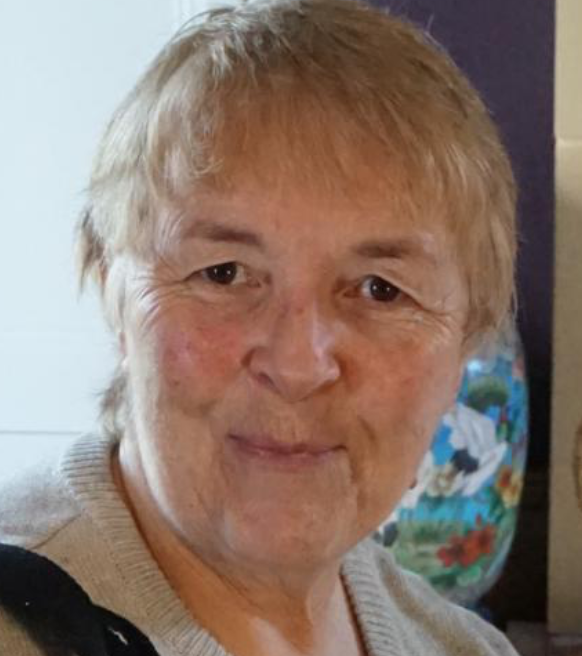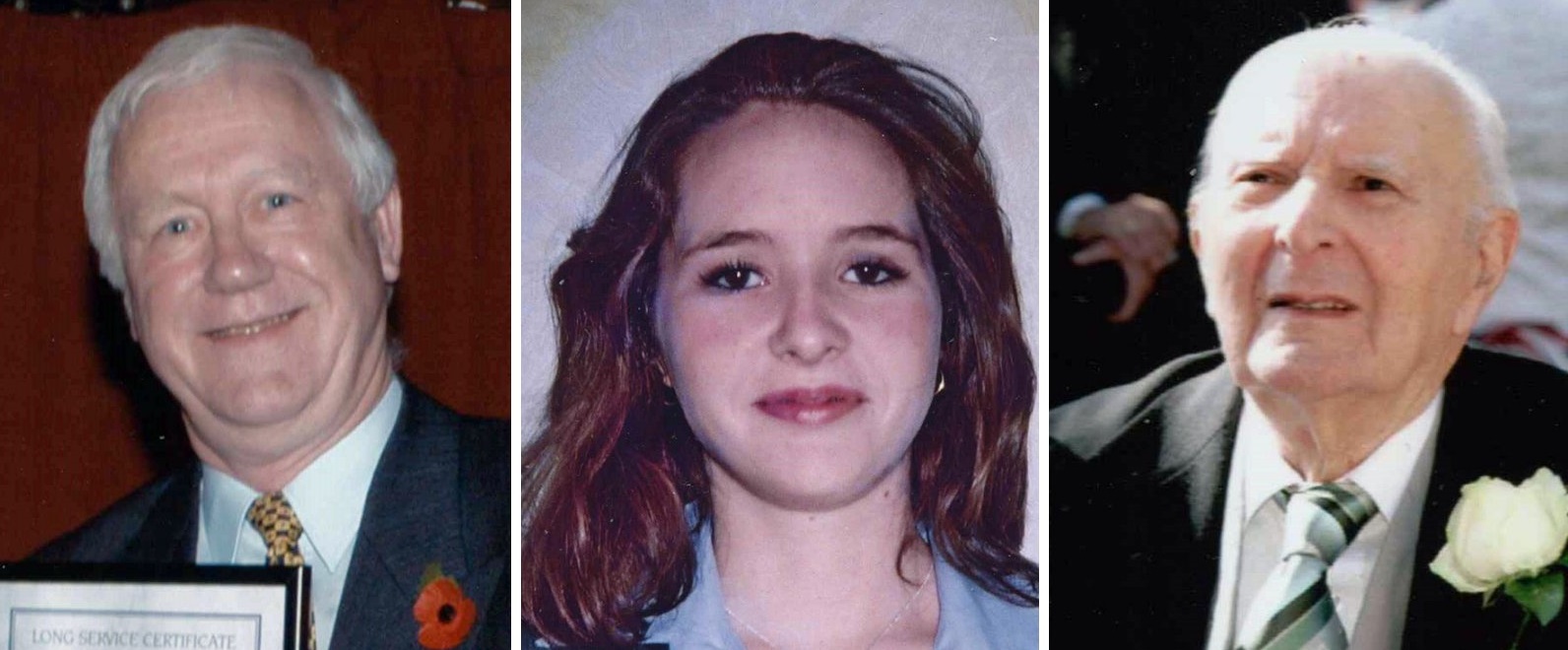Help us promote eye & tissue donation
Download materials to share
People are being reminded of the importance of having a conversation about organ and tissue donation with their family or friends during Grief Awareness Week (2-8 December), as the latest statistics from NHS Blood and Transplant show patients are currently facing longer waits for cornea transplants due to a drop in available corneas.
 Diana Comfort from Kent has shared the story of her family’s remarkable tissue donation legacy after her father, husband and daughter all donated their corneas following their deaths.
Diana Comfort from Kent has shared the story of her family’s remarkable tissue donation legacy after her father, husband and daughter all donated their corneas following their deaths.
Diana’s daughter Laura sadly died of a gastro-intestinal haemorrhage in 2000, aged only 18. Diana said:
“Laura’s death was a bolt out of the blue. When we received the news that she wasn’t going to make it I immediately asked about donation. As a family, we’d spoken about organ donation.
“Both of Laura’s corneas were donated and two children gained the gift of sight overnight. Her skin was also donated – which is especially of use for burns victims – and both her femur bones.”
Diana’s husband Derek was a regular blood donor and a living bone marrow donor. He sadly died of pancreatic cancer in 2008 at the age of 65 and his corneas were donated to a female in her fifties.
People with most types of cancer can still donate their corneas. The corneas do not contain blood vessels, eliminating the risk of transmitting most types of cancer.
Rowland, Diana’s father, also donated his corneas when he passed away in 2008. Rowland was 94 years old and his corneas went to one patient in their nineties and one in their thirties. His sclera, the white part of the eye, were also used to help two people.

Diana said, “Even though my daughter, husband and father died in different circumstances and at different ages, they were all still able to become tissue donors as they had wished. In times of grief, knowing you are fulfilling a loved ones’ donation wish rather than having to try and make that decision for them, was comforting.
“I would pose the question: ‘If a member of your family is going blind and you had the opportunity to receive something to restore their sight, would you accept it?’ I believe we should be willing to give if we are willing to receive.”
The Covid-19 pandemic has presented many challenges across the NHS, including for tissue donation (1). There are currently half as many corneas available than are needed for patients in the UK. As of 21 November 2020, there were 174 corneas in NHS Blood and Transplant’s eye banks – this is far less than the 350 corneas needed by hospitals meaning longer waits for patients.
There is hope that the introduction of Max and Keira’s Law – the new law relating to organ and tissue donation in England – which came into effect on 20th May, will lead to an increase in the number of donors, however families will continue to be consulted before organ or tissue donation goes ahead. It is therefore still important to ensure your relatives know what you would want to happen if organ donation becomes a possibility (2).
Kyle Bennett, Interim Assistant Director of Tissue & Eye Services at NHS Blood and Transplant, said: “Diana’s family legacy is extraordinary and highlights the importance of having the donation conversation with your loved ones.
“Even now the law around organ and tissue donation has changed, families will still be approached before donation goes ahead. If you agree to cornea donation please help by sharing your decision with friends and family, so they are better equipped to act for you should that day ever come.”
Unlike with organ donation, corneas don’t have to be donated immediately. Corneas can be donated up to 24 hours after death and donation can take place in hospital, hospices, or funeral homes. One donor can help up to 10 people, helping restore or improve their vision and allowing them to see their friends and family properly again.
NHSBT Tissue and Eye Services are based in Speke in Liverpool. Liverpool City Council will be lighting up the Town Hall, St George’s Hall and Cunard Building in yellow, as will Everton Football Club’s Goodison Park stadium, on the evening of Tuesday 8 December to mark Grief Awareness Week (3) and raise awareness of tissue donation.
A ‘Tree of Thanks’ has recently been installed by the Tissues and Eye Services team in Liverpool. The tree will be adorned with thank you hearts in memory of tissue donors and is a commissioned piece of artwork from designer Tony Stapleton.
Find out more about tissue donation and register your organ and tissue donation decision today.